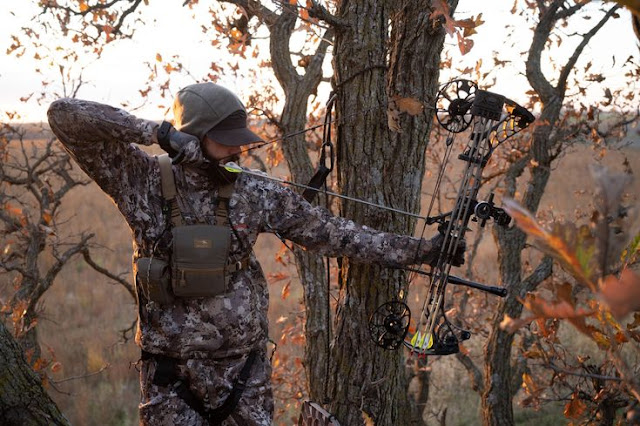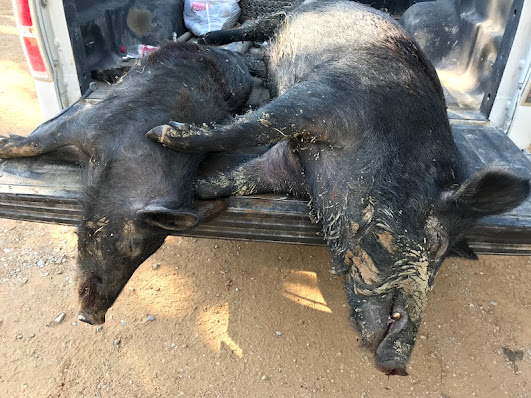Understanding the Psychology Behind Hog and Turkey Hunting
Hunting has been an integral part of human history, providing sustenance, sport, and sometimes even spiritual significance. While the modern world offers many conveniences, the primal urge to hunt still resonates with many people, drawing them into the wilderness in pursuit of game. Among the various types of hunting, Texas turkey and Texas hog hunting stand out not only for the thrill of the chase but also for the unique psychological dynamics they entail.
The Hunt: A Blend of Instinct and Strategy
Hog and turkey hunting share the fundamental aspect of being a pursuit. However, the psychology behind each hunt differs significantly.
Unlimited Hog Hunting: Channeling Primitive Instincts
Hogs, also known as wild boars, evoke a sense of primal challenge. These creatures are intelligent, adaptable, and possess formidable physical traits. Engaging in hog hunting taps into the primal instincts deeply ingrained in human nature.
Primal Instincts: The pursuit of hogs can awaken ancient survival instincts within hunters. Tracking, stalking, and ambushing these powerful creatures trigger the fight-or-flight response, heightening senses and adrenaline levels.
Control and Dominance: Hunting hogs offers a sense of control over the environment. In a world where humans often feel disconnected from nature, the act of tracking and harvesting a wild animal reaffirms a primal connection and dominance over the natural world.
Challenge and Skill: Successfully hunting hogs requires strategy, patience, and skill. Overcoming the challenges posed by these elusive creatures provides a sense of accomplishment and mastery.
Turkey Hunting: The Art of Deception and Patience
Turkeys present a different psychological landscape for hunters. Unlike hogs, turkeys are more elusive and rely heavily on camouflage and evasion tactics.
Mind Games: Turkey hunting often revolves around outsmarting the bird. Mimicking their calls, understanding their behavior patterns, and predicting their movements require a keen understanding of animal psychology.
Patience and Persistence: Unlike the adrenaline-fueled pursuit of hogs, Cheap texas turkey hunting demands patience and persistence. It's a waiting game, where the hunter must remain still and vigilant for extended periods, waiting for the perfect opportunity to strike.
Connection with Nature: Turkey hunting fosters a deep connection with the natural environment. The hunter becomes attuned to the subtle sounds and rhythms of the forest, forming a symbiotic relationship with the ecosystem.
The Psychological Rewards of Hunting
Beyond the thrill of the chase and the satisfaction of a successful harvest, both hog and turkey hunting offer profound psychological rewards.
Stress Relief: Immersing oneself in the wilderness and focusing on the hunt can provide a much-needed escape from the stresses of modern life. The simplicity and clarity of purpose found in hunting can be incredibly therapeutic.
Connection with Heritage: For many hunters, the tradition of hunting is deeply rooted in their cultural heritage. Engaging in these activities honors the traditions of ancestors and fosters a sense of continuity across generations.
Mindfulness and Presence: Hunting requires a state of mindfulness and presence, where every sense is attuned to the present moment. In a world filled with distractions, this immersion in the natural world can be profoundly grounding.
Conclusion
Texas Hog and Texas turkey hunts offer more than just the thrill of the chase. They tap into primal instincts, challenge the mind and body, and foster a deep connection with nature. Understanding the psychology behind these hunts illuminates the complex relationship between humans and the natural world, reminding us of our place in the intricate tapestry of life.




Comments
Post a Comment